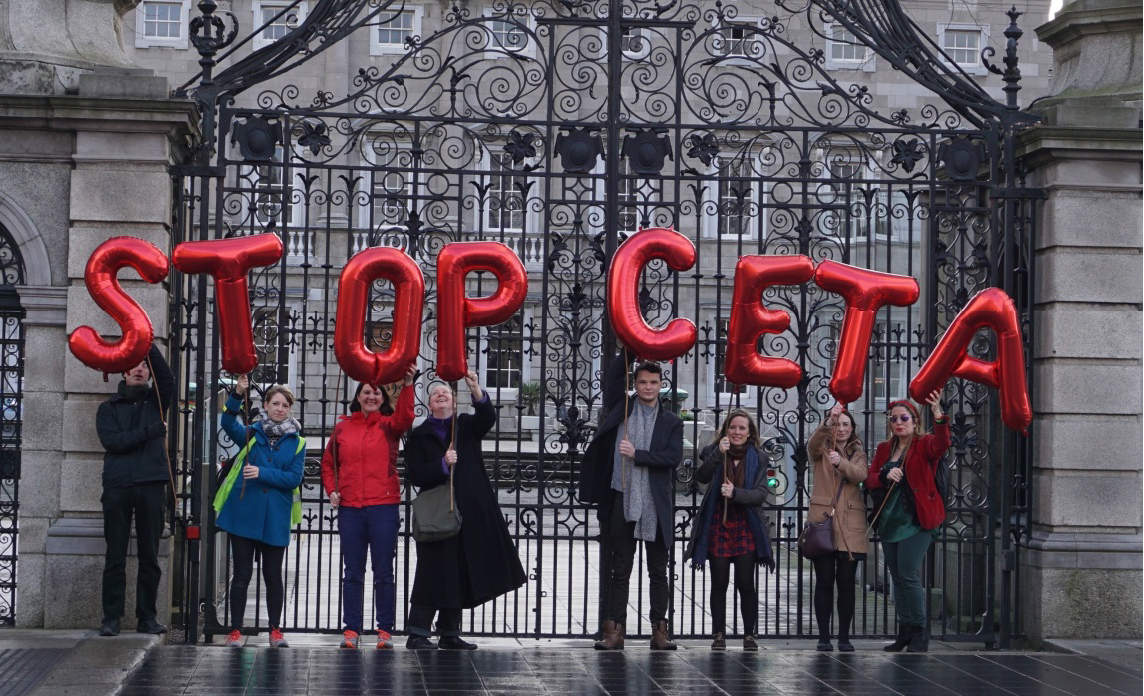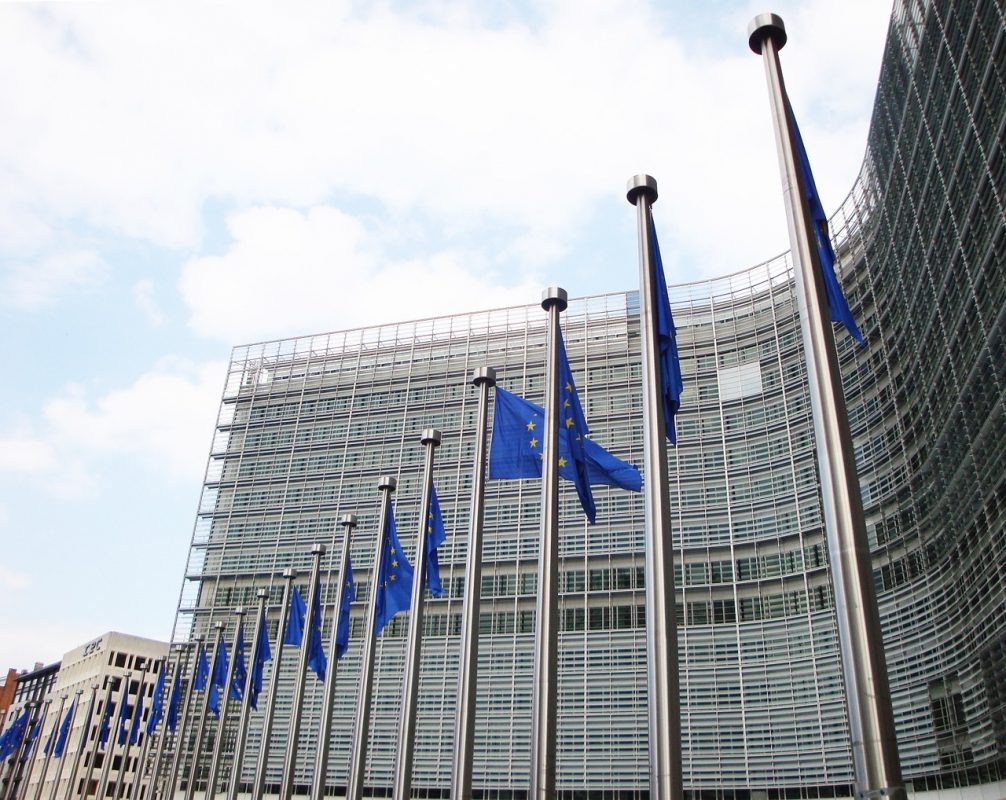Pandemic recovery is a “once-in-a-lifetime” opportunity to transition from coal to renewables

15 July 2020
The post-pandemic recovery presents a “once-in-a-lifetime” opportunity in rebuilding the Europe-wide economy by overseeing a just and rapid transition from coal to renewable energy, according to a European environmental campaign.
The Europe Beyond Coal campaign released its Fool’s Gold update for 2020, a report which examines how European and international financial institutions are supporting the coal industry.
If institutions meaningfully work towards financing a rapid shift from coal to renewable power, it would be “the most important near-term measure to climate-proof the post-COVID-19 energy system,” according to the campaign.
European and international investment
The report examines eight European and four international financial institutions and spells out their investments in the year after the Intergovernmental Panel on Climate Change (IPCC) released it’s 1.5 degrees Celsius warming report.
According to the document, Europe would need to phase out all of its coal use by roughly 2030 in order to meet targets outlined in the Paris Agreement.
The European institutions analyzed in the study have contributed 12.9 billion to coal companies, according to Europe Beyond Coal’s findings.
The funding has come from both investors and creditors, with the Norwegian Government Pension Fund’s investment of 1.5 billion in shares and bonds and UniCredit’s loans and underwriting services worth 2.8 billion as named examples.
On the international level, European coal utilities have received considerable financial support from BlackRock and a number of Japanese megabanks.
BlackRock is notably the world’s largest asset manager with a stagger 5.8 trillion in assets under its management as of 31 March 2020, a figure that is decreasing significantly as result of the COVID-19 pandemic.
Its investment in the eight European coal power utilities studied in the report totaled to 7 billion since October 2018, and Japanese banks provided 1.9 billion in financing between November 2018 and December 2019, the analysis finds.
“Treated with kid gloves”
The report authors do note that European capital investment has steadily been deserting coal.
They observed that between January and June 2020, European financial institutions released nearly one new policy per week limiting financial ties to coal companies. However, the report stresses, “the frequency of new policies does not necessarily reflect their quality”.
The campaign attributes this to coal policies being often “riddled with exceptions” and leading to the European coal industry being “too often treated with kid gloves”.
Outlined coal exits for European producers such as Poland and Germany are not taking place in a “straightforward manner”, according to the report, and in many countries throughout the bloc, the exit process is “marred by converting coal plants to burn fossil gas or unsustainable biomass instead”.
BlackRock has adhered to its exit strategy for certain coal investment, but the new policy “affects less than 20 per cent of the coal industry” based on the firm’s own policy. One of the main issues identified by the authors is that the policy for actively managed investments only covers businesses that sell thermal coal. It leaves out companies that actually burn the fuel itself.
Coal itself is referred to in the report as a “dead man walking”, not only for its climate impact but also for its continuous financial freefall even prior to the pandemic.
Low gas prices and highly competitive renewable energy sources has negatively impacted coal’s financial faring, and as a result its has declined significantly.
In the EU, a 25 per cent emissions reduction from coal took place in 2019 alone, as a previous Europe Beyond Coal report has found, and the use of hard coal has fallen substantially.
[x_author title=”About the Author”]







